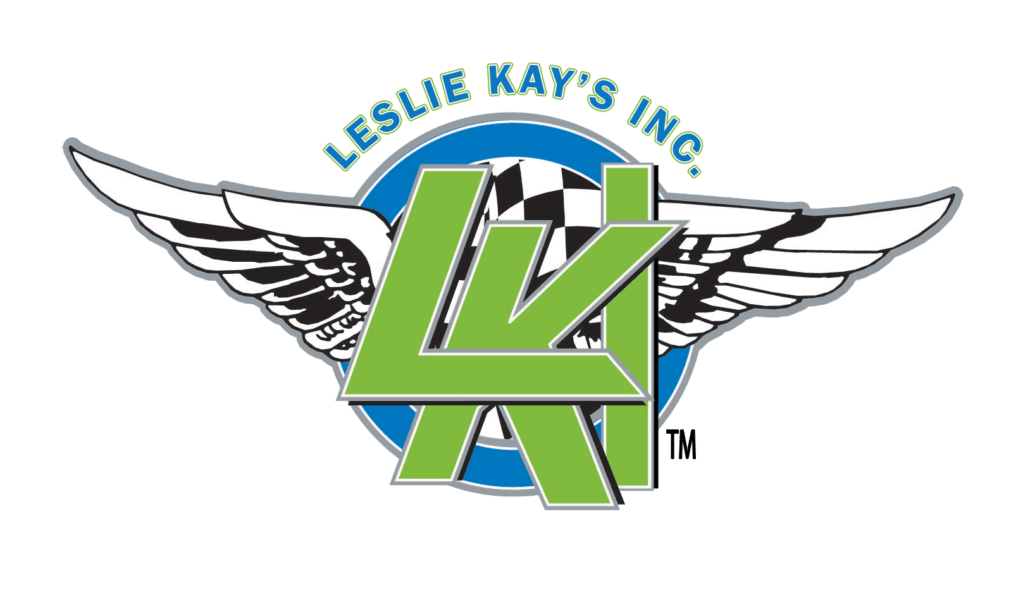A Comprehensive Checklist For Your Home Garden
 As spring arrives, the gardening enthusiasts among us eagerly anticipate the joys of tending to our gardens. Not only does cultivating your own garden save money on groceries, but it also provides the satisfaction of nurturing and growing your own food. It’s even more enjoyable when you can involve your children and impart some of your favorite gardening tricks to them.
As spring arrives, the gardening enthusiasts among us eagerly anticipate the joys of tending to our gardens. Not only does cultivating your own garden save money on groceries, but it also provides the satisfaction of nurturing and growing your own food. It’s even more enjoyable when you can involve your children and impart some of your favorite gardening tricks to them.
Whether you’re a seasoned pro or a gardening beginner, the following tips will help ensure your gardening endeavors are successful.
Choose Your Favorites:
Begin by deciding what you want to plant. If you’re new to gardening, start small with potted herbs and vegetables. This allows you to manage and care for your plants easily.
Find the Perfect Spot:
If you plan to have a vegetable garden, select a location that receives at least six hours of sunlight daily. Consider the mature size of the plants and position taller ones on the north or west side, preventing them from shading other plants. Additionally, keep your water spigot in mind, placing the garden near it to avoid dragging hoses across your yard.
Proper Spacing:
Allow sufficient space between each crop. When planting vegetables in rows, maintain a distance of at least 18 inches between them. Proper spacing ensures healthy growth and minimizes competition for resources.
Nourish the Soil:
Start by testing your soil. After thoroughly watering it, observe its condition the following day. Take a handful of soil and check its consistency. If water streams out, add two to three inches of organic matter, such as manure, compost, decayed leaves, or dry grass clippings. If the soil is too dry and does not form a ball when squeezed, add organic matter. The ideal soil should form a ball when squeezed and break apart slightly when dropped.
Water Adequately:
Most vegetable plants require approximately one inch of water per week. Watering in the morning allows the soil to retain moisture effectively. When watering, do so slowly to ensure the roots absorb the moisture and the soil remains hydrated.
Mulch for Protection:
Mulching your garden serves multiple purposes. It insulates the soil, retains moisture, reduces weed growth, and protects plants from diseases. Apply a layer of about two to three inches of organic mulch around your plants to enjoy these benefits.
Optimal Fertilization:
Maintain soil fertility by incorporating organic compost, making up around 20% of the soil composition. This natural fertilizer ensures healthy plant growth. Avoid excessive fertilizer usage, as it may hinder the desired results and decrease your overall harvest.
While we can’t personally tend to your garden, we can assist you with your insurance needs. If you have any questions regarding your home, auto, or business insurance, don’t hesitate to reach out to our agency. We’re here to help you cultivate a flourishing garden and provide peace of mind in all aspects of your life.



 Embarking on a home remodel or landscape project is an exciting endeavor. Most people begin by envisioning their desired outcome and then reach out to multiple companies to obtain competitive quotes for the job.
Embarking on a home remodel or landscape project is an exciting endeavor. Most people begin by envisioning their desired outcome and then reach out to multiple companies to obtain competitive quotes for the job.
 Do you own a highly valued comic book that has been safely preserved since your childhood such as the legendary first appearance of Stan Lee’s Spider-Man? What about a piece of art, fur, or watch? You may be well aware that these prized possessions could be worth a fortune, but have you ever pondered what would happen if they were lost, stolen, or destroyed?
Do you own a highly valued comic book that has been safely preserved since your childhood such as the legendary first appearance of Stan Lee’s Spider-Man? What about a piece of art, fur, or watch? You may be well aware that these prized possessions could be worth a fortune, but have you ever pondered what would happen if they were lost, stolen, or destroyed?
